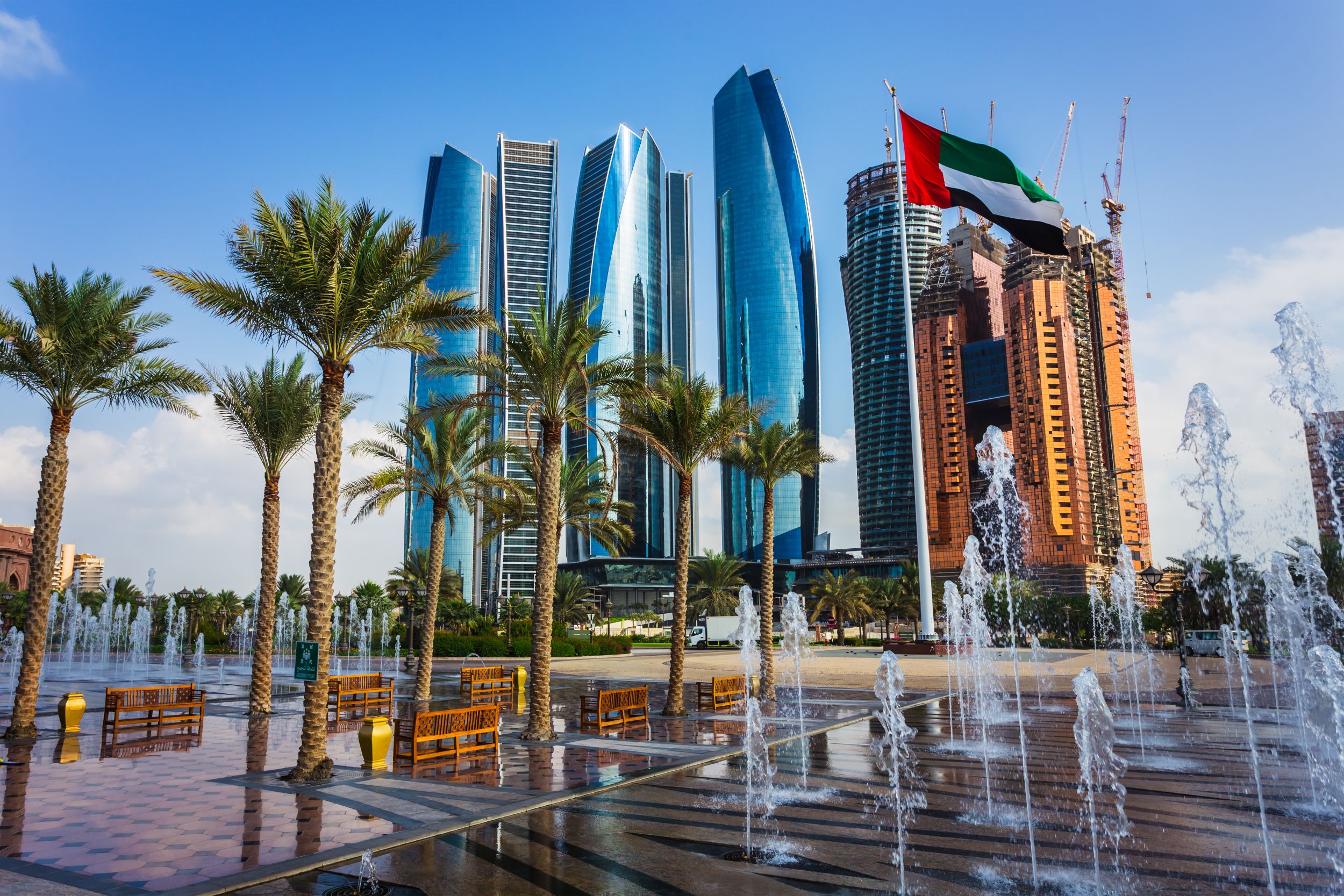Abu Dhabi deploys world-first methane to hydrogen technology

The pilot project will be used to collect data informing the future of the technology through AI modelling and digital twins.
UAE state-owned energy company ADNOC Gas has installed methane to graphene and hydrogen technology at its Habshan Gas Processing Plant in the first deployment of the system at an operational processing site.
The LOOP technology, created by British climate technology company Levidian, will capture carbon from methane taken from natural gas at the Abu Dhabi site to produce more than one tonne per annum (tpa) of both hydrogen and graphene.
Mohamed Al Hashemi, Chief Operations Officer of ADNOC Gas, said the installation of the technology, conducted in partnership with energy technology firm Baker Hughes, marked a “significant milestone” for the company.
He added: “By transforming methane into valuable graphene and clean hydrogen, we are unlocking new value from natural gas, driving decarbonization and supporting the UAE’s industrial growth and climate ambitions.
“This project reflects our dedication to shaping a more sustainable energy future while delivering tangible benefits for the industries we serve.”
Data from the pilot project, at one of the world’s largest gas processing plants, will be used to refine development of the technology through AI modelling and digital twins, with Levidian looking to minimise the energy consumption of future versions of the system.
The LOOP technology uses electromagnetic waves to ionise the methane into a plasma that can be processed and separated into the two end products.
Its pre-combustion technique is described as “pioneering technology” by Levidian and means less CO2 is created through the process, it also does not require water or create additional CO2.
Levidian CEO John Hartley said: “The completion of commissioning at Habshan is a major milestone for the project and an incredible opportunity to demonstrate the application of our technology within one of the harshest, most operationally challenging environments anywhere in the world.”
It is hoped that the data gathered from the Abu Dhabi project will lead to future industrial-scale installations capable of producing 15tpa of hydrogen and graphene.
Abu Dhabi has had success in expanding its hydrogen involvement over recent years. As previously reported, the region recently introduced its first hydrogen-powered taxi with aims to reduce emissions by 30 million tones by 2027.

